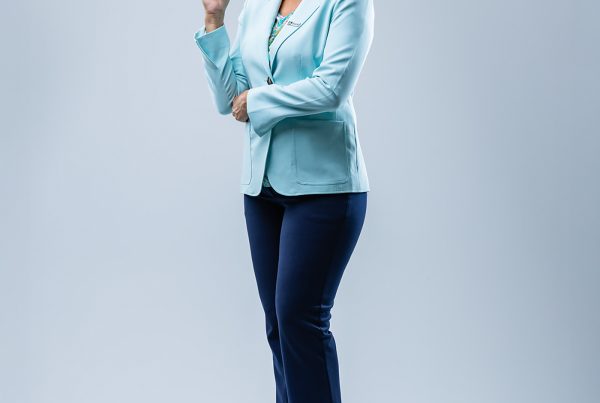Many Jamaicans have crossed over into 2022 with high personal debt- much of their burden exacerbated by the past 22 months of the pandemic.
Household debt, according to the Bank of Jamaica in its Financial Stability Report 2020, increased 3.4 per cent in 2020 alone, while the ratio of household debt to disposable income also increased to 71.5 per cent, from 61.3 per cent in 2019. It’s not clear yet, whether the ratio worsened in 2021.
The deterioration household debt to income occurred as 57 per cent of Jamaican households experienced a decline in income, according to the Caribbean Policy Research Institute (CAPRI) in its 2021 study called ‘Locked Down, Locked Out: Vulnerable Communities in the Pandemic.’
The pangs of the pandemic were naturally worst felt by the poorest households, according to the institute, which noted that under four per cent resorted to borrowing from friends, family or a neighbour to supplement their income. Of those interviewed by the researchers, 12 per cent said they borrowed merely to “survive.”
However, with a new year comes new opportunities, two JN Bank debt administration professionals opine, and with the right strategies, Jamaicans can take control of their liabilities.
Especially those with consumer loans, the professionals recommend consolidating, in particular those obligations which are high interest.
“Consolidating high interest debts with a more affordable interest rate debt option is a good strategy,” affirmed Carlene Stair, head of loan services at JN Bank. “Reduce unnecessary borrowing and don’t borrow high interest loans for spending on consumption goods, such as food and other items that won’t appreciate or will disappear in a short while,” she advised consumers, as they look for ways to reduce debt in 2022.
“Ensure you are paying your debts on time, when due, and paying the required amounts or at least the minimum amount required on, for example, your credit cards.”
Howard Lawrence, head of credit administration at JN Bank, similarly urged those privileged to have credit cards to ensure they are managing their spending carefully, as he pointed out that credit cards, while great instruments for managing one’s expenses, can place one in serious debt, if not wisely used.
“Limit the spend on these facilities to an amount that can be paid off from your regular income on a monthly basis,” he counselled. “This will prevent the accumulation of high interest charges. The best practice is to use credit cards to cover regular monthly expenses, such as for purchasing your petrol and spending at the supermarket, and to avoid bingeing or impulsive spending.”
He also recommended consolidating debt where one can, and noted that persons can look at two ways of lumping debt – by using an equity loan or accessing an unsecured loan.
“Debt consolidation loans may be equity loans secured by real estate that will allow for lower interest rates and longer tenure. Where an equity loan is not an option, consumers may access unsecured loans for debt consolidation,” he said.
However, not all debt is bad debt, the two reminded consumers, pointing out that debt is necessary in many circumstances to access capital and improve one’s quality of life, such as getting a mortgage to purchase a house; but managing debt carefully will also impact one’s quality of life.
“Debt is not necessarily bad as borrowing can grow your assets and increase your net worth. It can also increase your cash flow, which allows businesses to grow,” said Mrs Stair.
“However, one needs to be mindful of how much and for what purpose they are borrowing. We can’t borrow our way out of debt.”





